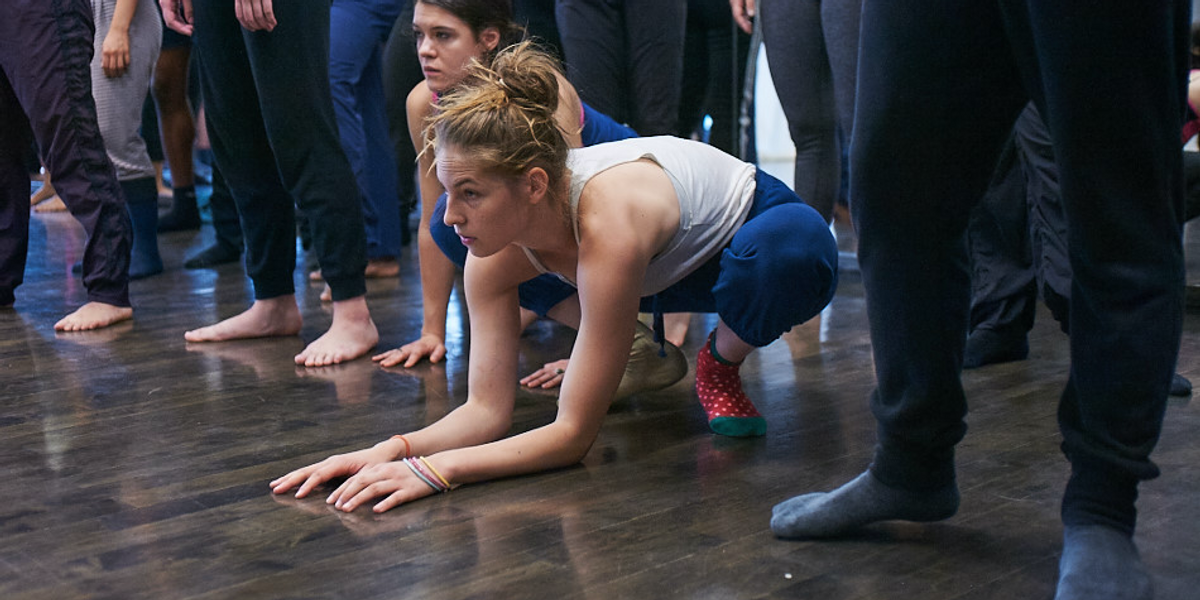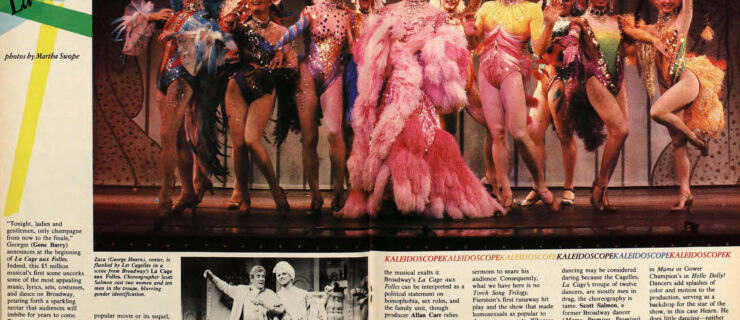Op-Ed: Why Freelance Dancing is Undervalued & Underfunded
Freelancing is more common than ever. So why is it that, as the market shifts to favor freelance dancers, we do not pay them enough to subsist on their art?
In Dance Magazine‘s August interview with four successful freelance dancers, not one reported making enough from the industry to cover their expenses. Most freelancers get by through living with family or taking on a side hustle—sometimes both.
Financial experts state
that “a hustle shouldn’t become a necessity, but a tool to help you meet goals.” Most suggest that you shouldn’t spend the extra time on a side gig unless it directly benefits your professional goals. (Spoiler: Waiting tables does nothing for your pirouette.)
For the average 9-to-5 worker, that may be sage advice. But for a freelance dancer, it epitomizes the degrading attitudes that surround artists and their work. If your freelancing isn’t enough to pay the bills, it’s downgraded to hustle status—a glorified, semi-lucrative hobby that you do in your free time.
The Price of Dance
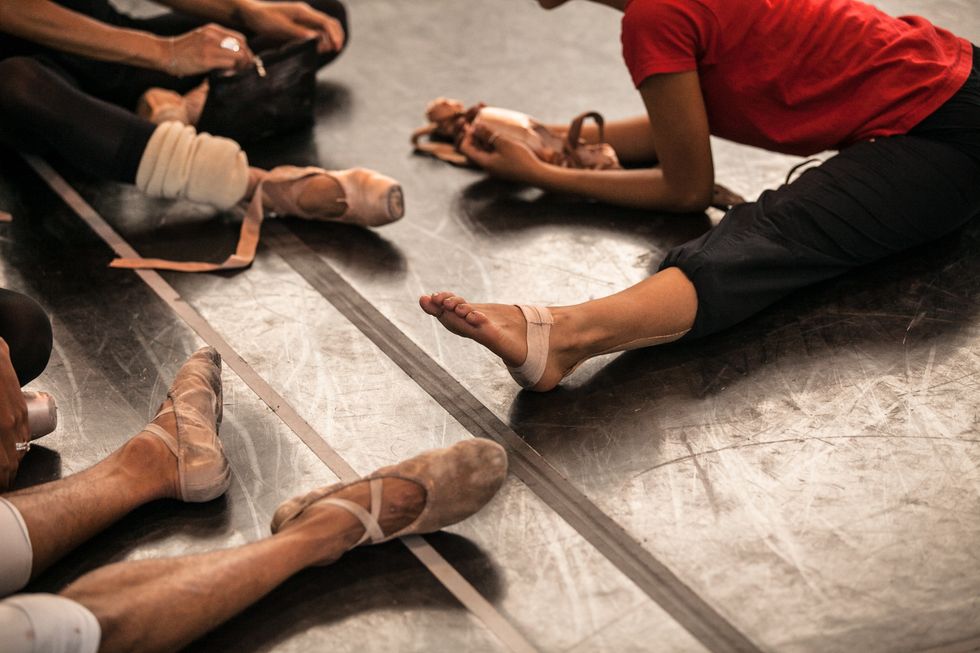
Quinn Wharton
Freelancers must purchase their own shoes, dancewear, studio time, classes, gym memberships…the list goes on. Not to mention staying up-to-date with performances and trends by constantly going to see shows.
Compound those requirements with freelancers’ independent contractor status, and the bill gets even higher. There’s the out-of-pocket cost of health insurance, a higher tax on wages and a lack of company-provided resources. Freelance dancers have more dues to pay than their traditional company counterparts, but without the stability of steady income.
When the burden of financial instability is placed on freelancers, the artistry is hamstrung. Creativity cannot flourish in the state of semi-constant stress that freelance artists exist in.
The Discrepancy in Value
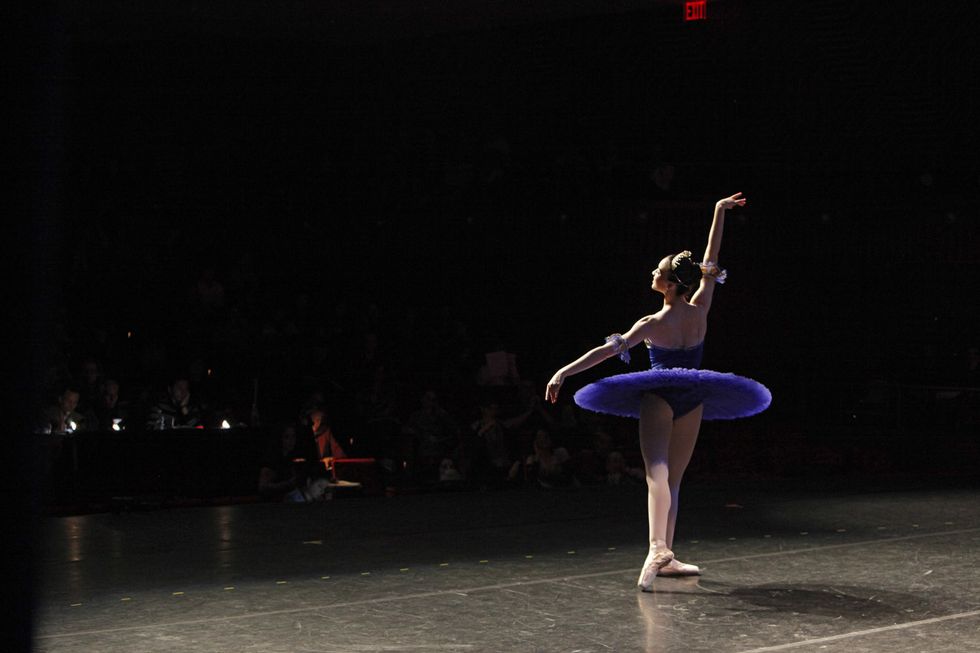
Rachel Papo for Pointe
Society expects artists to be willing to be seen. We assume we will always get to experience the creations of others, but we consistently contribute to the extinction of artists. When those who paint life in bright colors and movements are not granted a living wage, we are telling them that their passion is not worth our money.
Yet, in the same breath, we turn and tell them to keep creating. We ask dancers to perform for free or to “just throw something together,” citing exposure as their compensation. Asking artists to work for free is absurd—we would never ask an engineer to just throw something together for us.
The work it takes to be a creator is not valued at the same level that “technical” skills are. We consider doctors, lawyers and engineers to be the pinnacle of technical education, but who has stopped to add up the number of hours a ballerina must spend in the studio to become proficient, let alone extraordinary?
Upending the Narrative
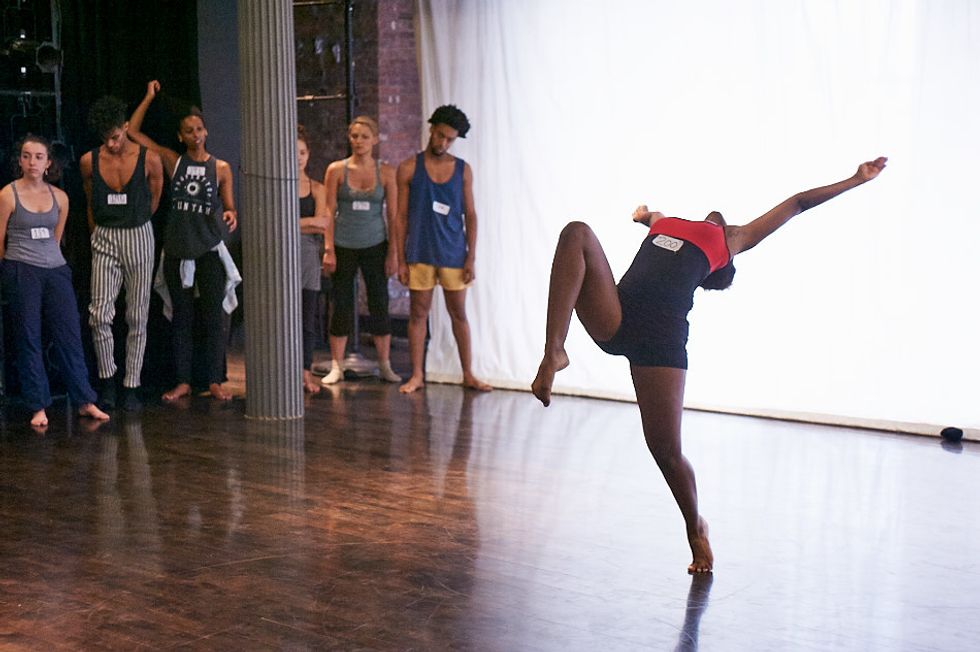
Jim Lafferty
Dancers exist in the dichotomy between the starving artist and the celebrity. Until you make it big, you are not allowed to dedicate yourself to your craft without being labelled irrational or illogical about your career.
And who can blame that attitude? In the current socioeconomic climate, jumping into an artistic career and expecting to be able to support yourself takes a certain kind of tenacious crazy. It is exhausting to hustle constantly, hoping to catch a break.
Even then, who can say what success looks like? Traditionally, “making it” was landing a prestigious career with a reputable company. Yet, as we move more and more toward a gig economy of freelancers collaborating on projects, our ideas of success must catch up, along with our compensation.
Patrons of the arts expect to pay well to see a professional production, but will rarely drop dollars into the buckets of street performers or pay a door fee for a community concert. Respect for artists needs to translate to respecting their need to be paid a living wage and understanding the hours that are put into creation.
It is good and well to say that arts are valued. But until artists are compensated at a level that allows them to call themselves professionals without working a second job, it’s all just bluster.
